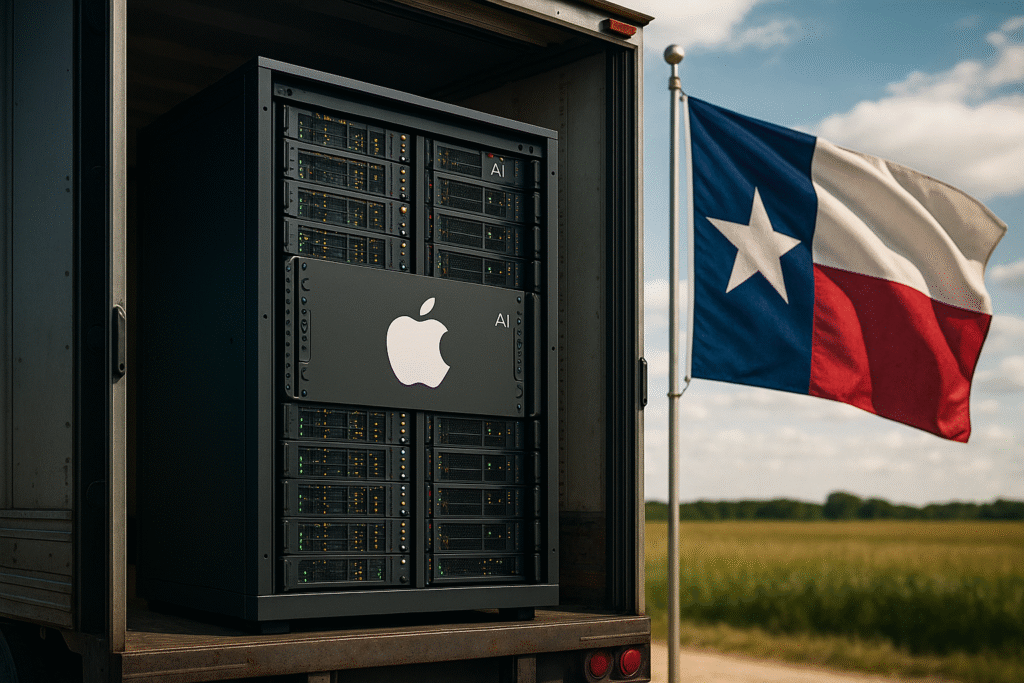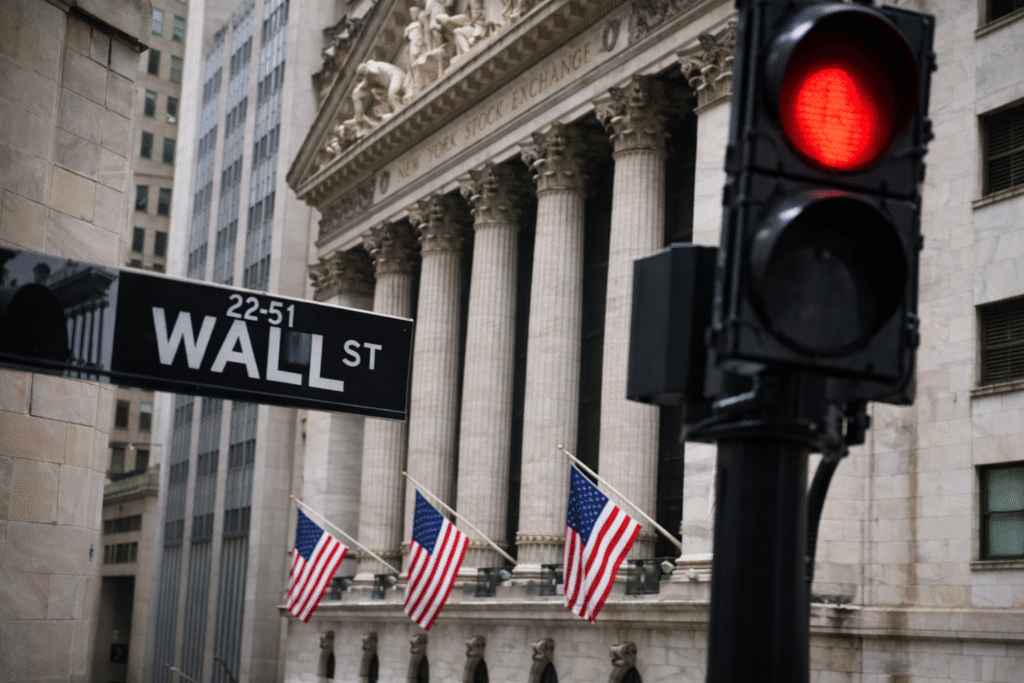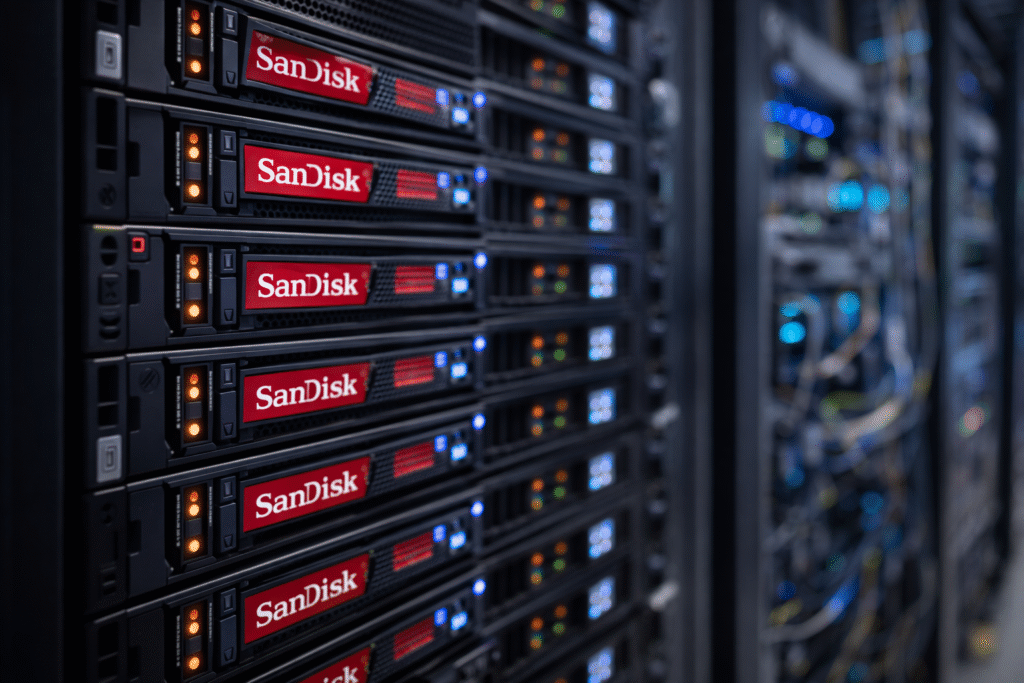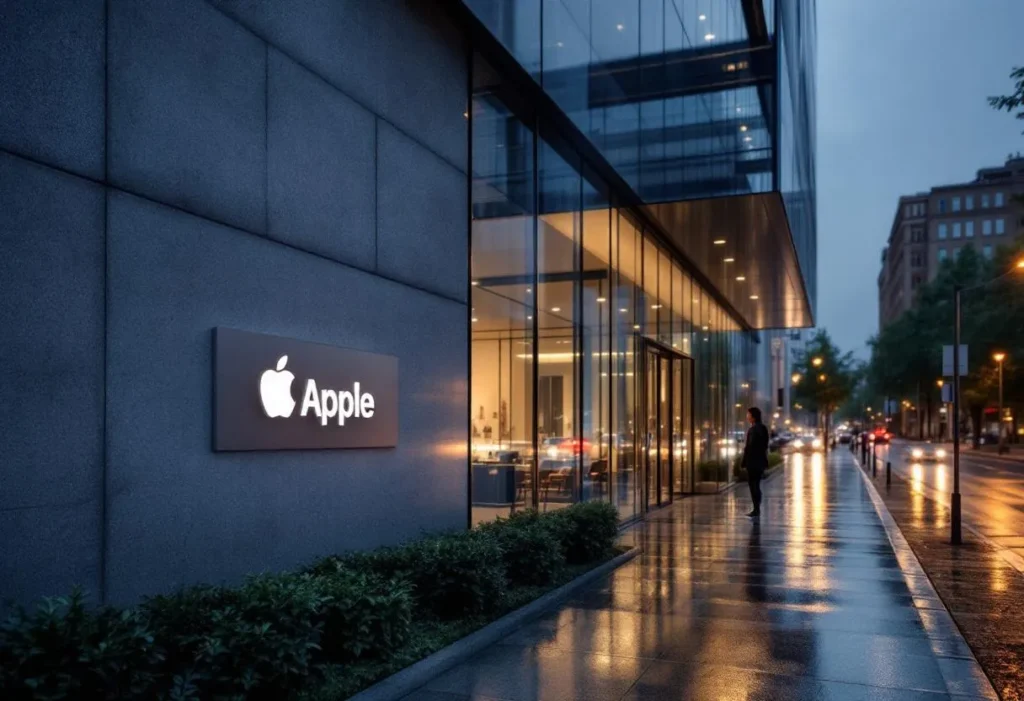Apple’s AI Hardware Comes Home
Apple has officially begun shipping its first U.S.-assembled AI servers out of its Houston, Texas factory — a milestone that represents one of the company’s most significant shifts toward domestic production.
These servers are at the heart of Apple Intelligence and Private Cloud Compute, the company’s AI-driven platforms powering features across its devices and services. Apple’s in-house silicon is at the core of the system, marking another example of how Apple continues to vertically integrate its most critical technologies.
According to Apple COO Sabih Khan, the company has been accelerating its Houston production line faster than anticipated and plans to expand operations next year to meet growing demand.
A $600 Billion U.S. Commitment
The Texas production marks a major step forward in Apple’s $600 billion U.S. spending initiative, which includes investment in advanced manufacturing, semiconductors, and supply chain development across the country.
Apple’s Houston facility is expected to create thousands of jobs, helping anchor its broader American Manufacturing Program — an initiative designed to localize more of Apple’s production footprint.
The company has also:
- Partnered with Michigan State University to open a manufacturing academy, training the next generation of high-tech workers.
- Increased procurement from U.S.-based chip suppliers and materials manufacturers.
- Expanded its partnerships with Corning for American-made iPhone and Apple Watch glass components.
From Overseas to Onshore
Until now, most of Apple’s server production was handled overseas. The new Houston facility changes that — providing a domestic alternative that strengthens the company’s ability to build and secure key infrastructure in the U.S.
Apple CEO Tim Cook has long emphasized the strategic importance of a resilient supply chain, especially as global trade tensions continue to affect technology production.
In recent comments, Cook noted that Apple’s U.S. investments in semiconductor manufacturing and chip packaging are helping close the loop on an end-to-end domestic supply chain.
AI Meets American Manufacturing
Apple’s move into AI hardware manufacturing is more than symbolic — it’s strategic. The servers built in Texas will handle the computational load behind Apple’s on-device and cloud AI systems, a crucial part of the company’s push to ensure data privacy and efficiency.
By controlling both the hardware and software, Apple is able to:
- Optimize performance and energy efficiency across its ecosystem.
- Strengthen data security for cloud-based AI tasks.
- Reduce reliance on foreign data infrastructure.
It’s a move that places Apple alongside Microsoft, Amazon, and Google, all of which are investing heavily in AI infrastructure buildouts.
WSA Take
Apple’s decision to bring AI server production to the U.S. isn’t just a patriotic gesture — it’s a strategic supply chain pivot.
As Big Tech races to secure AI infrastructure and computing power, Apple’s Houston plant gives it a tangible advantage: control over its own backbone technology.
This announcement ties directly into the growing theme across the tech sector — companies not just building AI software, but owning the hardware and infrastructure behind it. It’s a natural evolution from what we covered in our recent report on quantum computing, where the next computing revolution is defined by who controls the underlying systems.
Read our latest coverage on the rise of quantum technology.
Explore more breaking stories on the Wall Street Access homepage.
Disclaimer
Wall Street Access does not work with or receive compensation from any public companies mentioned. Content is for informational and educational purposes only.








